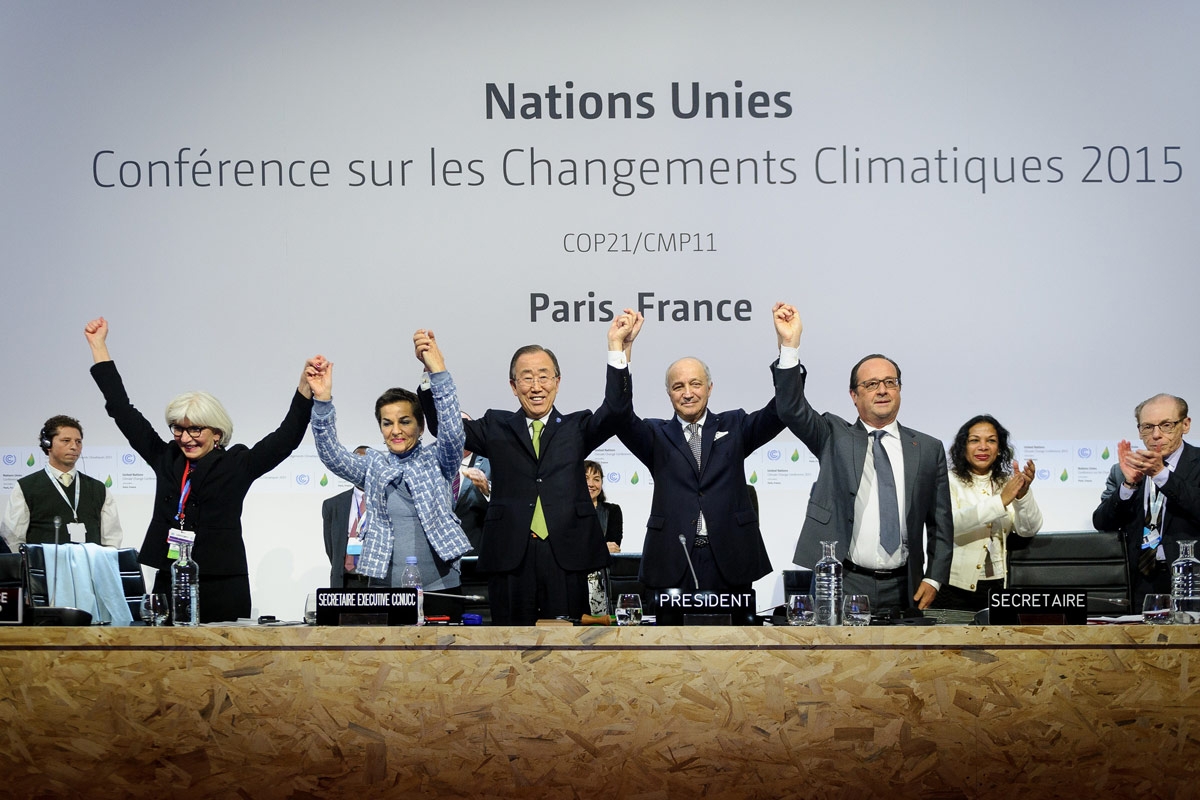Institutionalizing climate mitigation efforts and low carbon development represent key challenges in the global fight against the climate crisis. INLOCADE aims to analyze the processes and conditions for the political institutionalization of climate change mitigation. We do so by investigating the high-carbon intensive sectors of agriculture and energy in emerging economies. We aim to explain why the political institutionalization of climate change mitigation advances at different speeds, and why in some instances there has been little progress or even a reversal of former achievements.
 The adoption of the Paris Agreement in 2015 was a milestone in international climate politics. Countries agreed to drastically reduce their greenhouse gas emissions to prevent dangerous anthropogenic climate change. At the same time, countless climate mitigation pledges, initiatives, and projects initiated by states and non-state actors flourished in the aftermath of the Paris Agreement. Yet, there is still little measurable progress towards achieving decarbonization or structural changes for low carbon societies, especially in the global South. Governance complexity, powerful vested interests, and conflicting development priorities hinder the institutionalization of climate mitigation efforts.
The adoption of the Paris Agreement in 2015 was a milestone in international climate politics. Countries agreed to drastically reduce their greenhouse gas emissions to prevent dangerous anthropogenic climate change. At the same time, countless climate mitigation pledges, initiatives, and projects initiated by states and non-state actors flourished in the aftermath of the Paris Agreement. Yet, there is still little measurable progress towards achieving decarbonization or structural changes for low carbon societies, especially in the global South. Governance complexity, powerful vested interests, and conflicting development priorities hinder the institutionalization of climate mitigation efforts.
INLOCADE explores the various challenges arising from the institutionalization of climate mitigation efforts in the global South. We are interested in how and why climate mitigation in two high-carbon intensive sectors – energy and agriculture – is institutionalized or not. More specifically, we are interested in the advancement of solar energy (as part of renewable energy) and forest-related climate-smart conservation agriculture (as part of climate-smart agriculture). Both sectors present promising solutions for moving towards low-carbon societal transformations. We scrutinize subnational polities within four democratic emerging economies: Brazil, India, Indonesia, and South Africa.
Political institutionalization – i.e. the process of developing or changing formal and informal rules (including organizations) – is the missing link in bridging the gap between climate mitigation projects and broader low carbon development. Hence, the project’s objective is to explain why the political institutionalization of climate change mitigation advances at different speeds, and why in some instances there has been little progress or even a reversal of past achievements.
While the literature has witnessed the emergence of climate governance experiments and described the need for societal low-carbon transformations, the (global) environmental politics literature still knows very little about what conditions might help to close the gap between governance experiments and low-carbon transformations. In our previous work, we have shown that countries, sub-state entities, and non-state actors take up governance experiments very differently across different sectors.
Project goals
- INLOCADE makes an important empirical contribution. We go beyond the existing literature on governance experimentation and low-carbon transformations by focusing on the processes through which climate change mitigation becomes gradually institutionalized at a defined governmental level, and within a certain high carbon-intensive sector. We learn from experiences in increasingly relevant carbon-intensive emerging economies.
- Such focus is of theoretical relevance, as our research project contributes to the literature on domestic political institutionalization (outcome/dependent variable) in the field of global policy-making and brings it together with the literature about agency, structural impediments as well as multi-level politics (conditions/independent variables). It is therefore relevant beyond the field of global climate politics.
- Methodologically, our research project is innovative as we will use QCA (qualitative comparative analysis) that will enable us to investigate sets of necessary and sufficient conditions. We combine the QCA-based mapping with in-depth field research and interviews with a variety of stakeholders.
Read more
![]() Download a detailed project description with a full list of references for more information.
Download a detailed project description with a full list of references for more information.
Download a short leaflet about the INLOCADE project.

